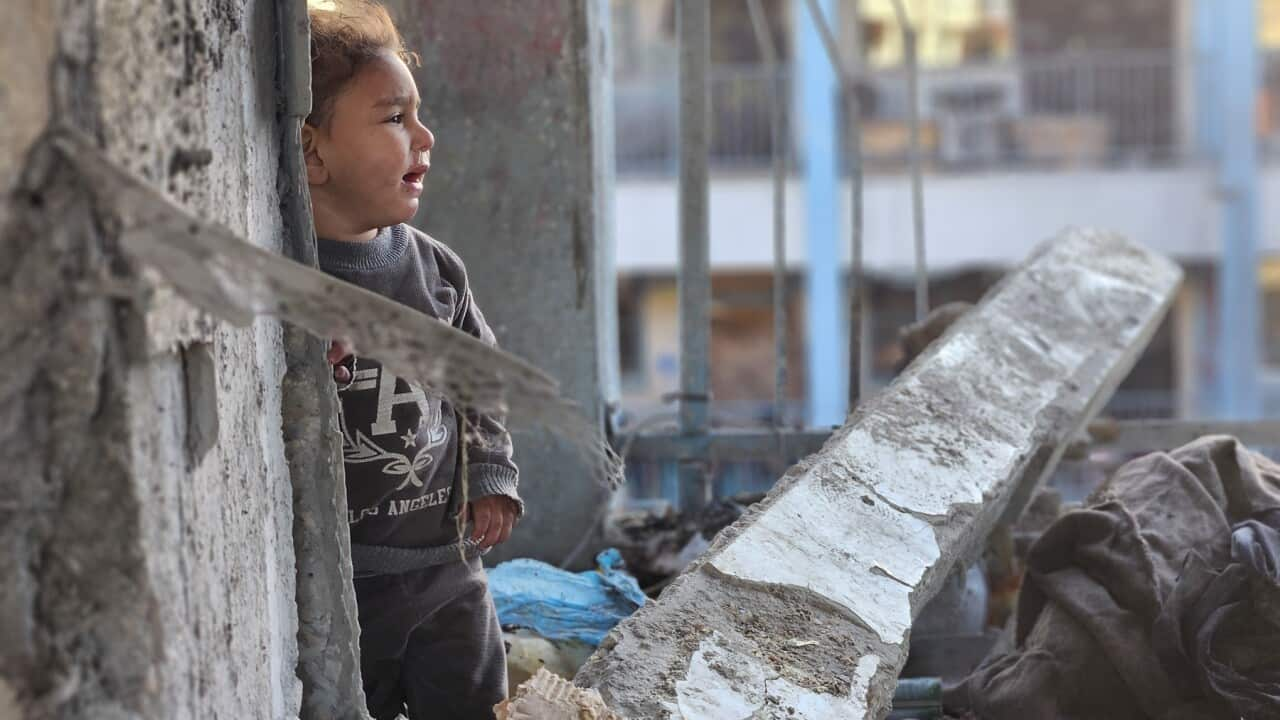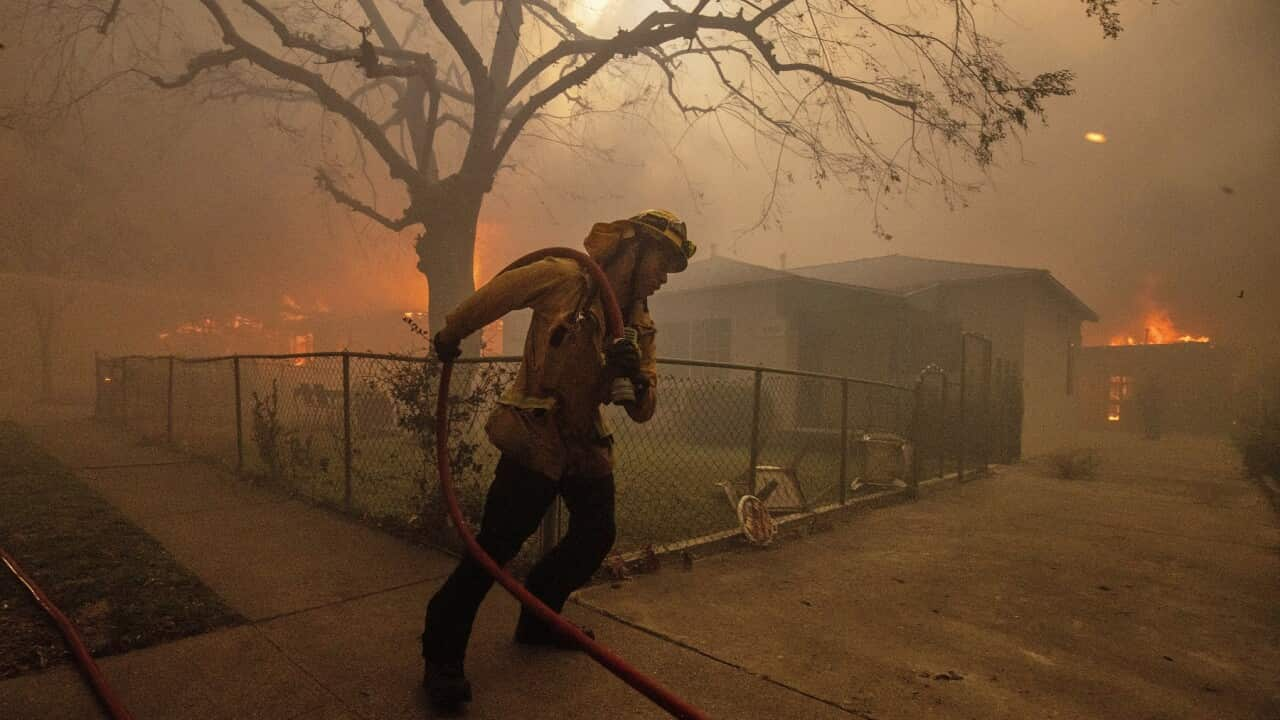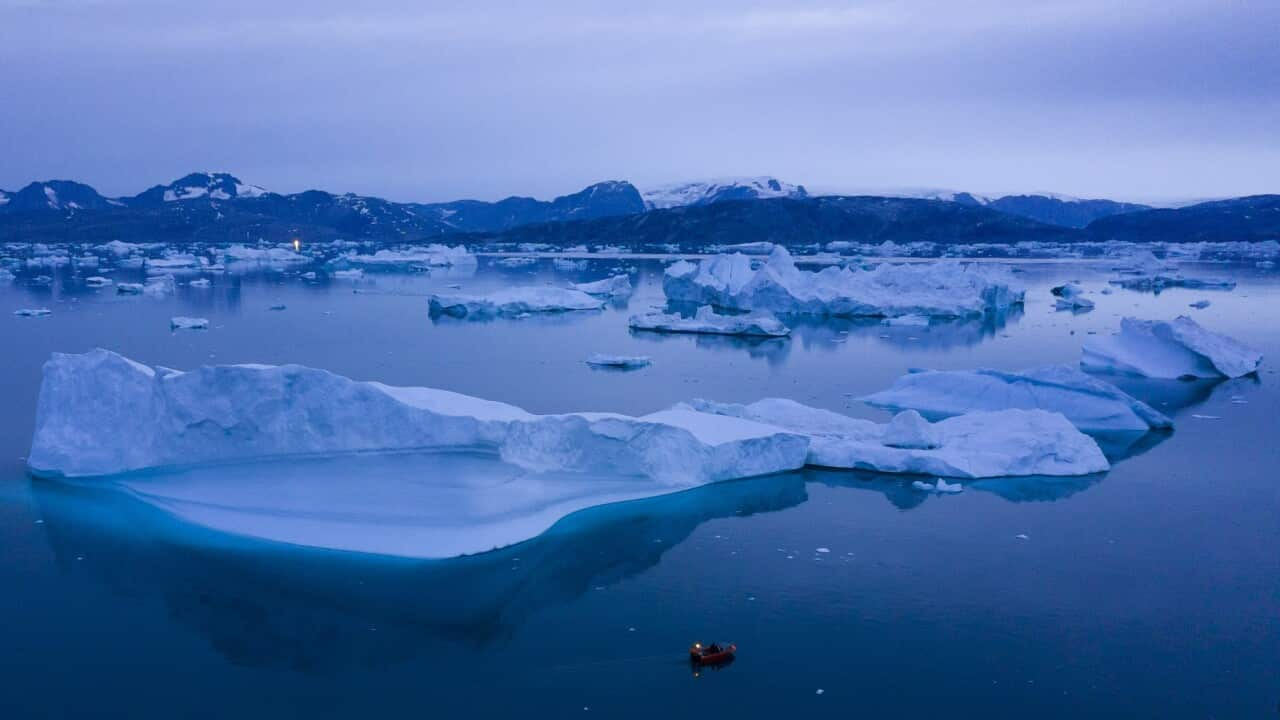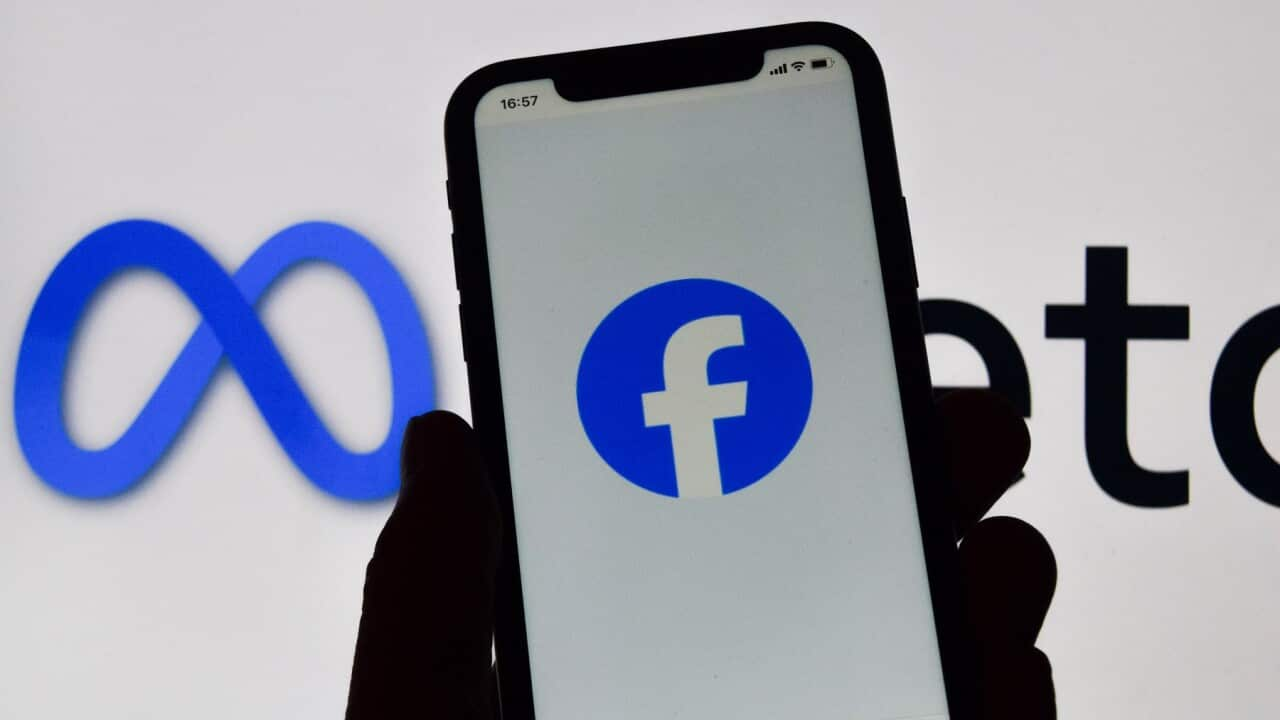TRANSCRIPT
“Today marks a grim milestone for the world. The people of Gaza are now grieving 40,000 Palestinian lives lost, according to Gaza’s health ministry. Most of the dead are women and children. This unimaginable situation is overwhelmingly due to recurring failures by the Israeli Defence Forces to comply with the rules of war.”
That's Volker Turk, the UN Human Rights Commissioner, drawing attention in mid-August to some troubling statistics provided by the Palestinian Ministry of Health in Gaza, in terms of the death toll since October 7.
The attack by Hamas had claimed the lives of 1,195 people.
Volker Turk also called for a ceasefire in Gaza.
“As the world reflects on and considers its inability to prevent this carnage, I urge all parties to agree to an immediate ceasefire, lay down their arms and stop the killing once and for all. The hostages must be released. Palestinians arbitrarily detained must be freed. Israel’s illegal occupation must end and the internationally agreed two-state solution must become a reality.”
By year's end, there is still no ceasefire in Gaza and the number of people killed continues to rise.
The Israeli Ministry of Foreign Affairs puts Israel's death toll at 1,200, including 800 civilians, at least 346 IDF soldiers and 66 police officers.
It estimates 8,700 have been injured.
There have been multiple warnings this year that people in Gaza, especially in the north, faced starvation.
One of those warnings came from the World Food Program country director for the Palestinian territories, Antoine Renard.
“The levels of hunger, devastation and destruction we are seeing now in Gaza is worse than ever before. People cannot cope anymore. There is barely any food coming in while markets are empty. Now with the rain and winter sweeping away tents, it is a daily struggle for survival.”
In 2021, the International Criminal Court opened a formal, ongoing investigation into alleged Israeli war crimes in the Palestinian territories dating back to 2014.
It has included the latest Israeli and Palestinian attacks in Israel, Gaza and the West Bank.
In May this year, the International Criminal Court ((ICC)) Prosecutor filed applications for warrants of arrest for Hamas and Israeli leaders for war crimes and crimes against humanity, committed in Israel and the Gaza Strip since October 7.
In November, the ICC Pre-Trial Chamber issued arrest warrants for Israeli Prime Minister Benjamin Netanyahu, former Israeli Defence Minister Yoav Gallant, and Hamas military commander Mohammed Deif, who died in a July airstrike in Gaza.
The judges found there were reasonable grounds to believe the three bore criminal responsibility for alleged war crimes and crimes against humanity in Gaza.
Israel's government, the former defence minister and Benjamin Netanyahu all strongly reject the ICC accusations, the Israeli prime minister saying Israel can't be liable for the civilian death toll.
“We do everything in our power to avoid civilian casualties. We issue millions of text messages, phone calls, leaflets to the citizens of Gaza to get them out of harm's way while the Hamas terrorists do everything in their power to keep them in harm's way, including shooting them, using them as human shields.”
In September, the Palestinian United Nations envoy, Riyad Mansour, accused Israel of genocide.
“Israel has unleashed a full-fledged war against the Palestinian people. Israel is seeking to impose a military solution to the conflict by disappearing a nation. There is no denying these facts. From genocide to apartheid, Israel is showing the world its willingness and readiness to use the most despicable means to achieve its colonial aims.”
But while there has been no end to the war in Gaza, there was a breakthrough in neighbouring Lebanon with a ceasefire coming into effect to end the fighting between Israel and Hezbollah in November.
It was brokered by the United States and France.
While there has been some violence since, the US says the ceasefire is largely holding.
Meanwhile in early December, the Syrian civil war - which has been underway since 2011 - flared up again, with Syrian rebels seizing the city of Aleppo.
It came at a time when Syria’s key backers - Iran and Russia - are focusing on their own conflicts.
July of 2024 saw one of the largest IT outages in history.
It was caused by a defect in an update delivered for Microsoft Windows users by cyber security company CrowdStrike.
Because CrowdStrike has such a significant share of the global market, the outage ended up affecting millions of computer systems around the world, badly affecting banks, hospitals and airlines.
Individual users were confronted with what's known as the "Blue Screen of Death".
The outage was exploited by scammers, prompting then-Home Affairs Minister Clare O'Neil to warn Australians not to fall victim to their traps.
“What we are hearing is that some small businesses, in particular, some individuals are receiving emails from people who are pretending to be CrowdStrike or who are pretending to be Microsoft and are indicating that you need to put in bank details to get access to a reboot. That you need to pay money, that you need to put your personal details in so that your systems can be brought back online.”
In the United States, it has been a tumultuous year in politics.
First, there was a disastrous performance by President Joe Biden in the first presidential debate with Donald Trump in late June.
“Dealing with everything we have to do with, ugh, look, if we finally beat Medicare."
Moderator: "Thank you President Biden. President Trump."
Donald Trump: "Well, he's right. We did beat Medicaid. He beat it to death.”
It proved to be the catalyst for his dropping out of the presidential race less than month later, when he endorsed Vice President Kamala Harris to be the nominee.
On July 13, Thomas Matthew Crooks fired shots from a rooftop into a Trump rally near Butler, Pennsylvania.
Crooks was shot dead by a Secret Service sniper while a member of the crowd died after diving over his wife and two daughters to protect them from the shooting.
Donald Trump was hit in the ear by one of the bullets before diving to the ground as Secret Service agents rushed the podium.
“They pounced on top of me so that I would be protected. There was blood pouring everywhere and yet in a certain way I felt very safe because I had God on my side. I felt that." (applause)
In September, there was a second assassination attempt when Ryan Wesley Routh broke into the Trump International Golf Club at West Palm Beach in Florida and waited for several hours before Mr Trump's arrival for a game of golf.
But he was unable to take a shot because Secret Service guards spotted him in bushes by the side of the course.
And in October, police say they prevented a third assassination attempt, arresting a man with firearms at a security perimeter outside a campaign event in the city of Coachella in California.
Ultimately, in November, Donald Trump won the presidential election, defeating Kamala Harris.
“The outcome of this election is not what we wanted, not what we fought for, not what we voted for but hear me when I say - hear me when I say - the light of America's promise will always burn bright (applause) as long as we never give up and as long as we keep fighting. (applause fades)”
Donald Trump called his win a magnificent victory, saying voters had given him an unprecedented and powerful mandate.
“This will truly be the golden age of America. This is a magnificent victory for the American people that will allow us to make America great again.”
Donald Trump will be back in the White House in January and says he has a plan to end the war in Ukraine.
He's nominated General Keith Kellogg to serve as Assistant to the President and Special Envoy for Ukraine and Russia.
General Kellogg has called the Russia-Ukraine war an avoidable crisis that has entangled America in an endless war, and his proposal involves a ceasefire that would force Russia and Ukraine to negotiations.
Ukraine's President Volodymyr Zelenskyy says the war will end faster with Mr Trump in the White House.
He says the conflict could be brought to an end without getting back all the Ukrainian territory from Russia - a major shift from his previous stance where he said the end of the war was conditional on Russia returning the territory it seized.
“I don’t think Putin wants peace at all. But that does not mean that he doesn’t want to sit down with world leaders. For him, it destroys the political isolation that’s been built since the beginning of the war. And it benefits him to sit down, talk, and not reach an agreement, I would say. I think the war will end. And not in the abstract. There is no exact date, but with the policy of the team that will now be leading the White House, the war will end faster.”
In December, China lifted the final trade bans it had imposed on Australia's goods.
The restrictions, which included tariffs, were put in place in 2020 and included products such as wine, barley, lobster and beef.
While China never announced why it introduced the tariffs, they came into force soon after the then Morrison government supported calls for an inquiry into the origins of COVID-19.
The Chinese Ambassador to Australia, Xiao Qian, says his country's relationship with Australia is back on track.
He made the comments in Canberra at a press briefing marking the 10th anniversary of the China-Australia Comprehensive Strategic Partnership.
“We're happy about the achievement over the past two years but we're not complacent with where we are. So, looking forward into the future we're expecting, at least I myself am expecting, move beyond stabilisation, move further into development because there are so many things, so many areas China and Australia share.”













